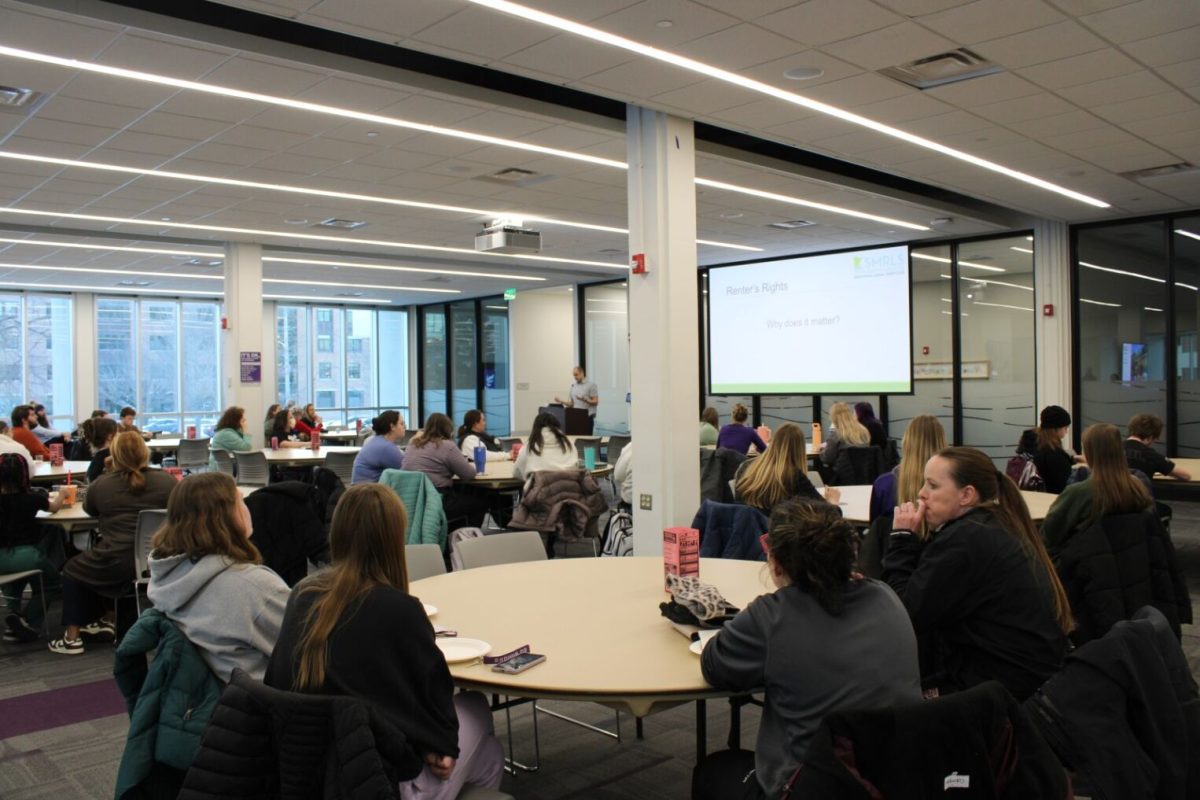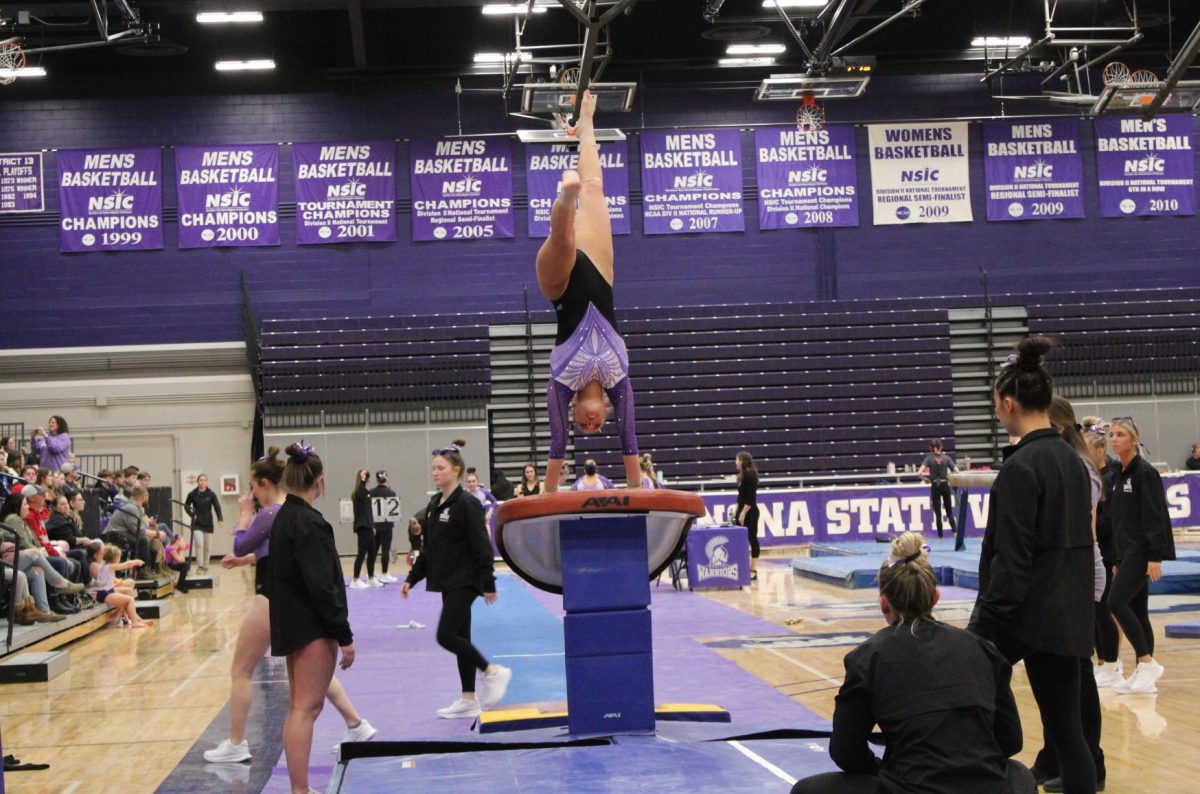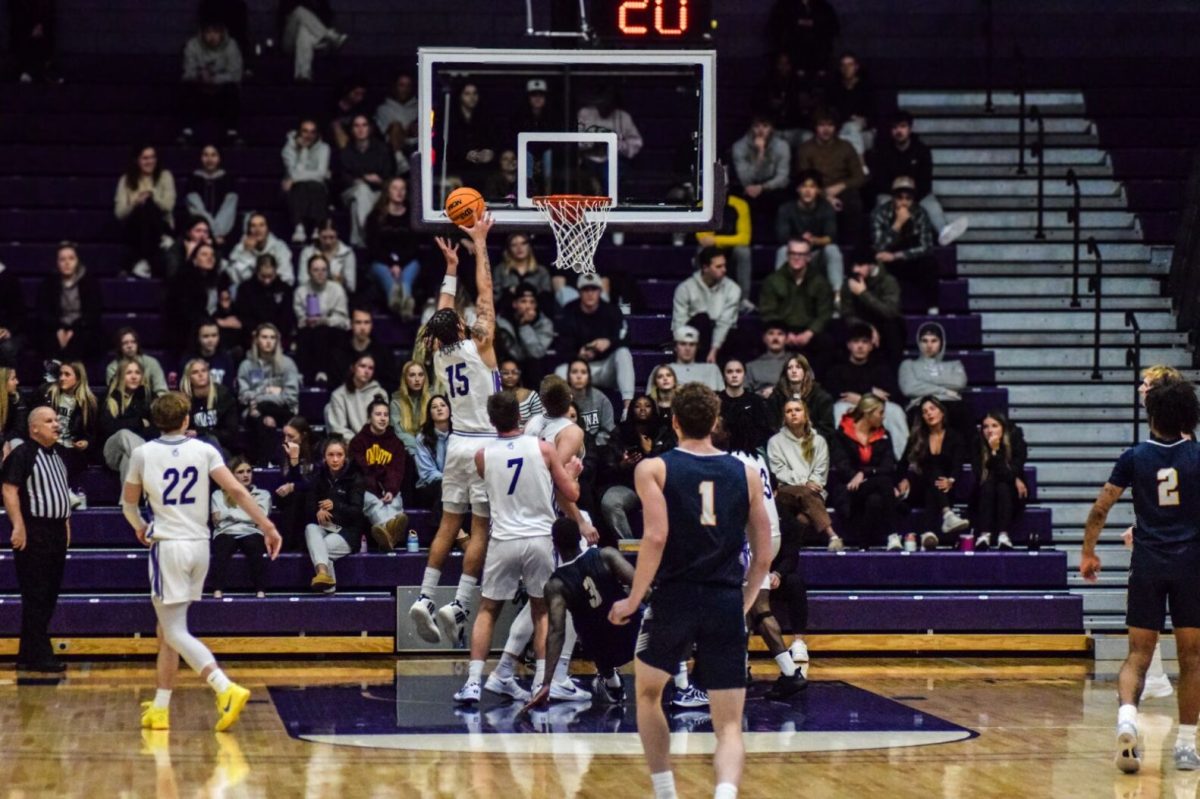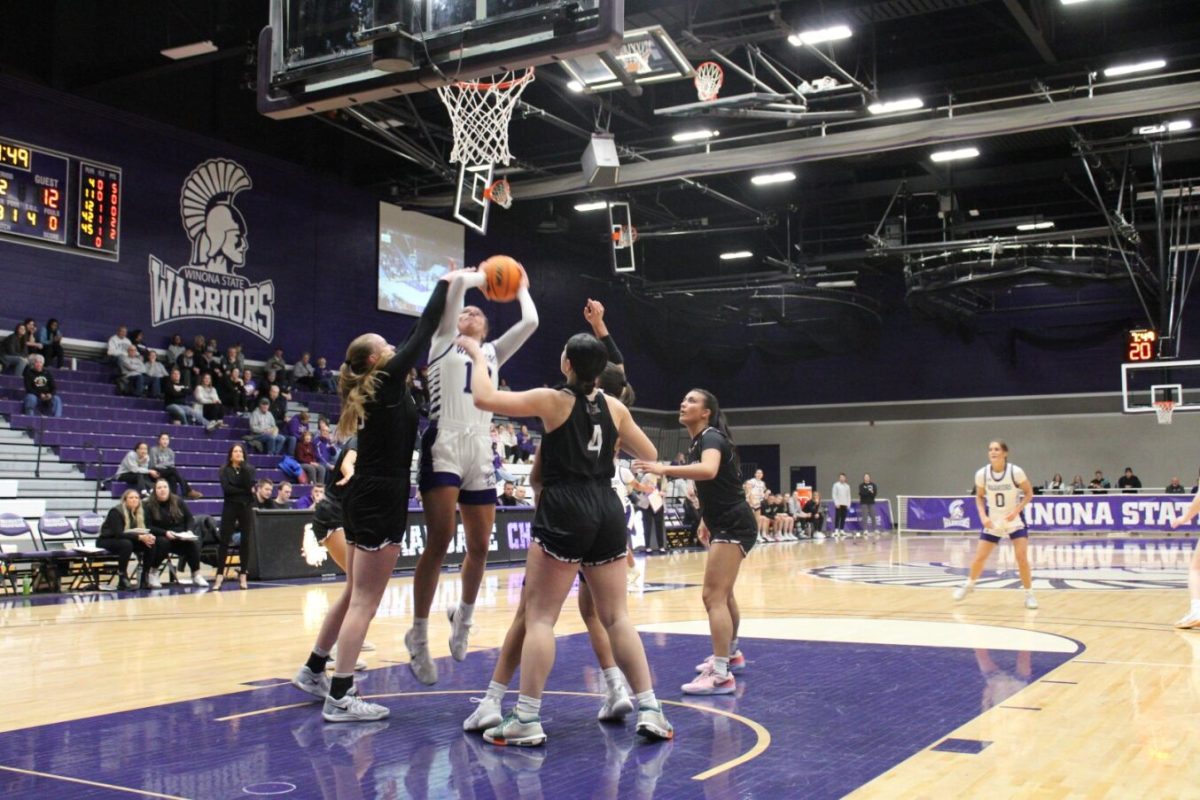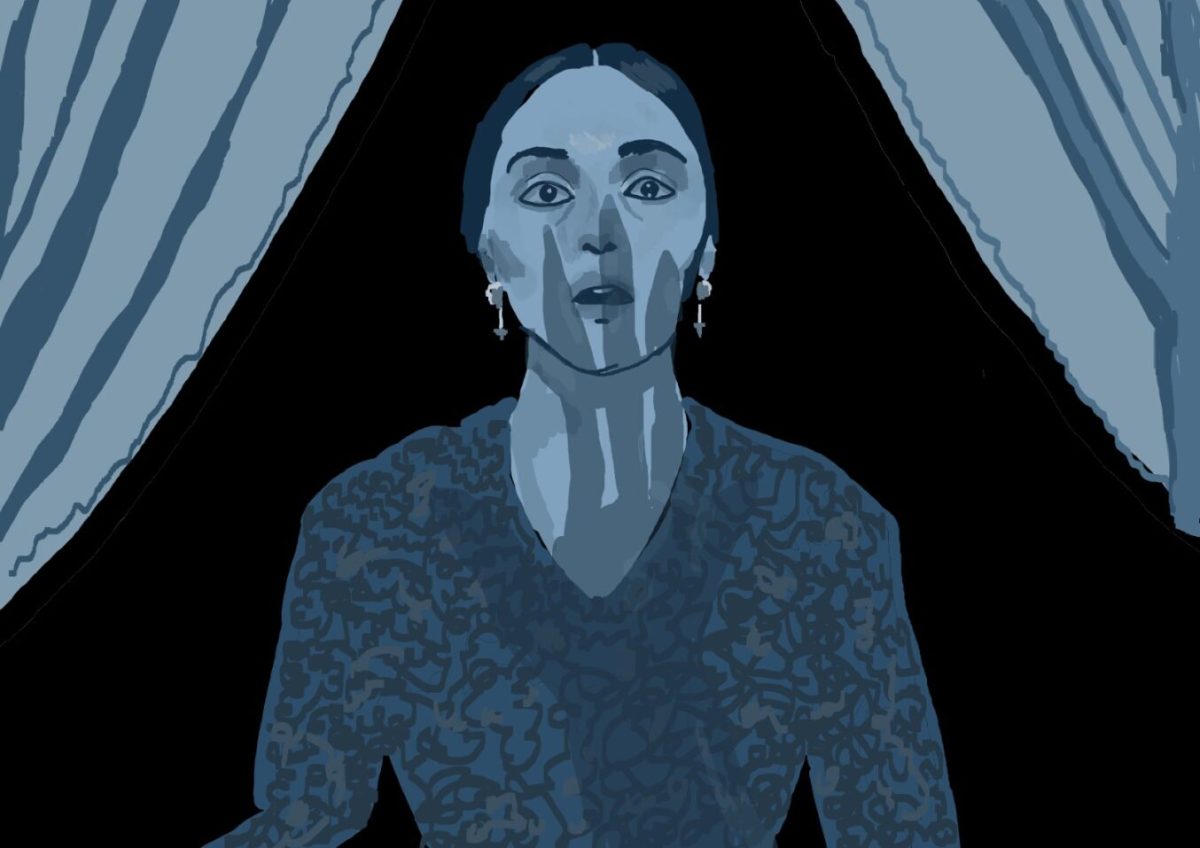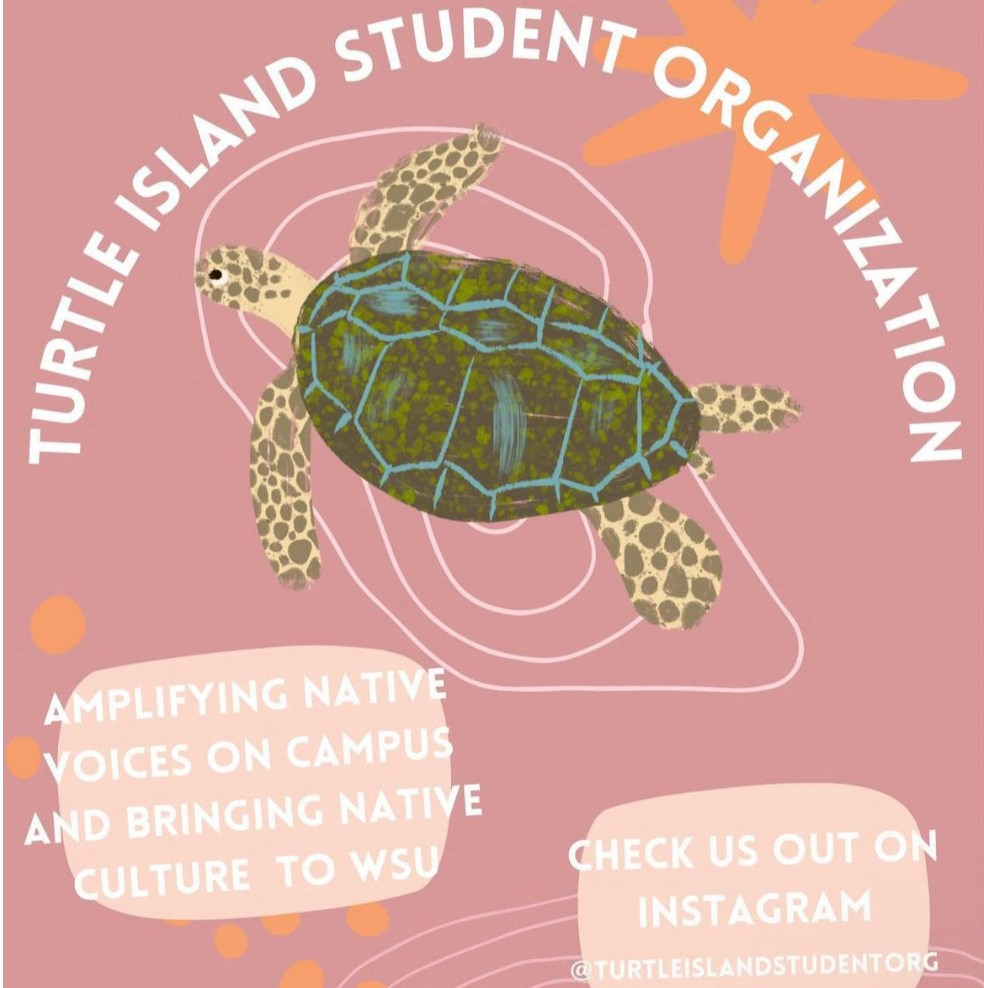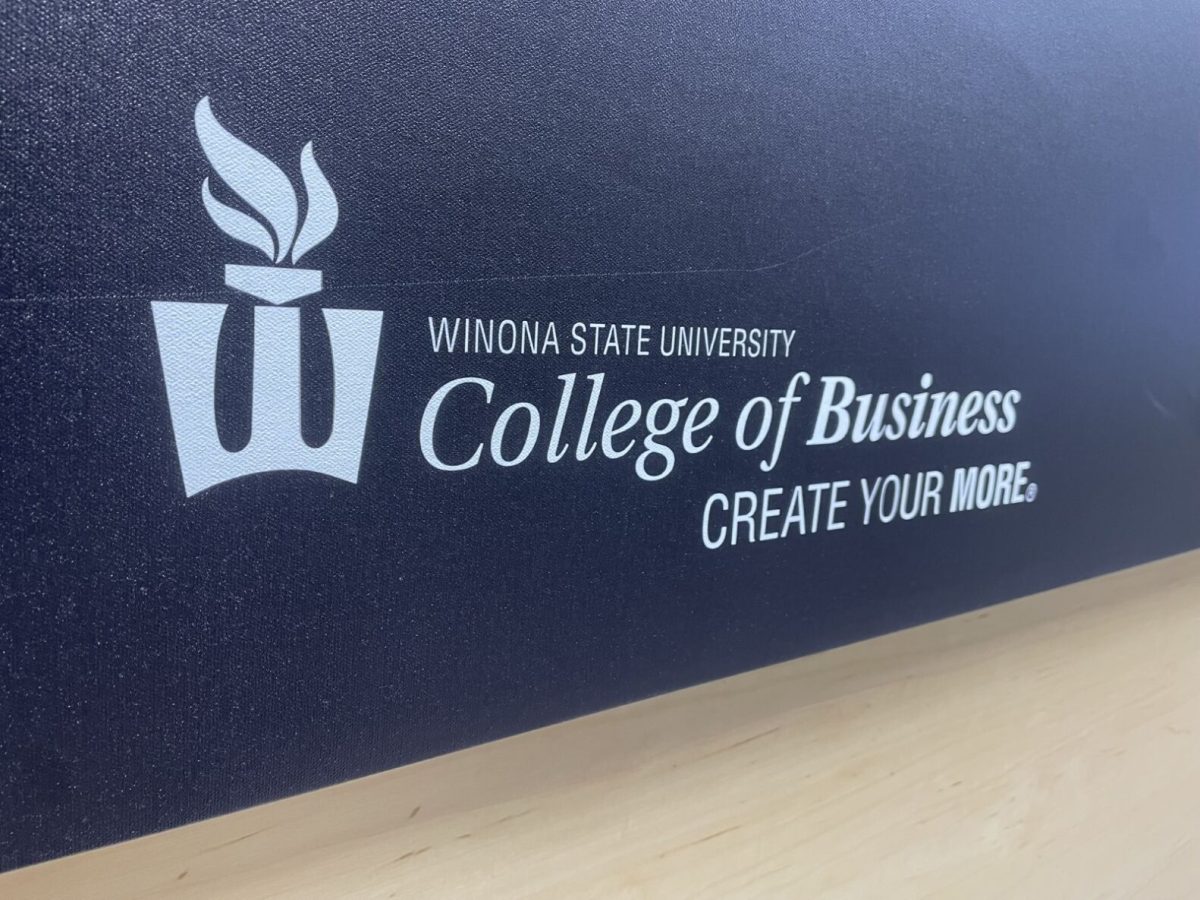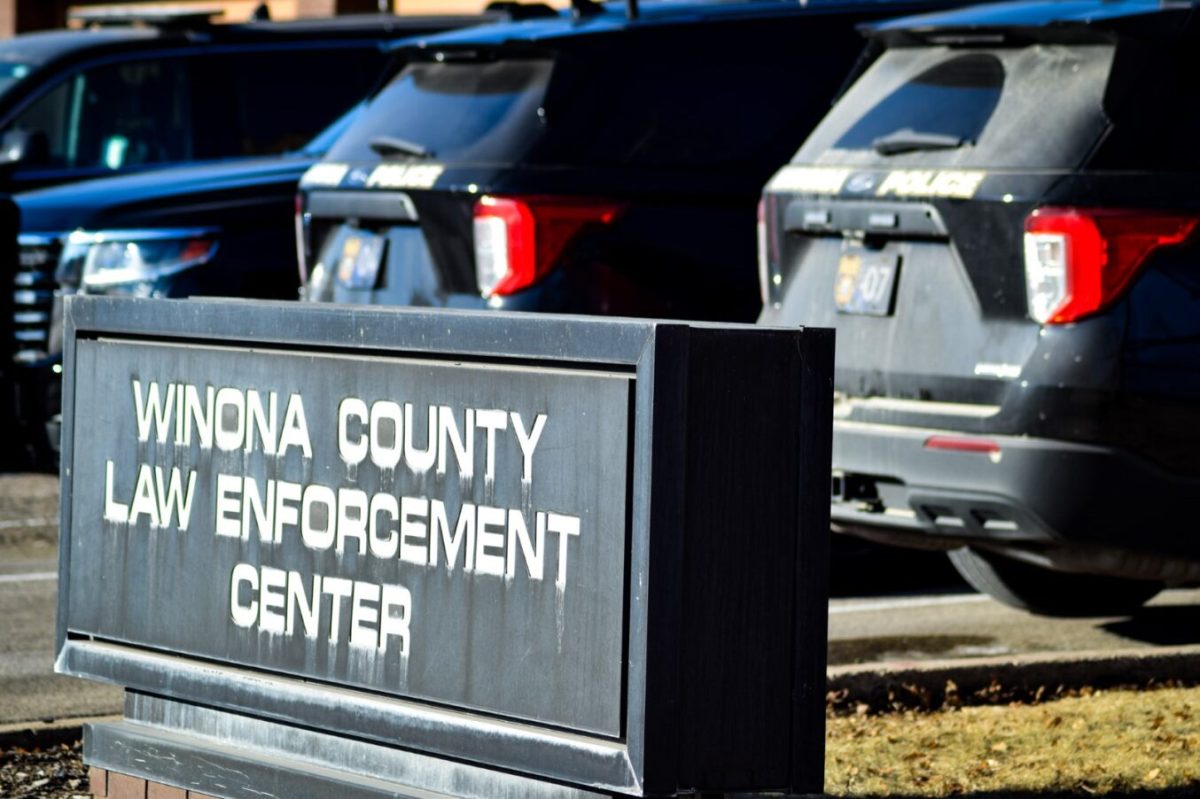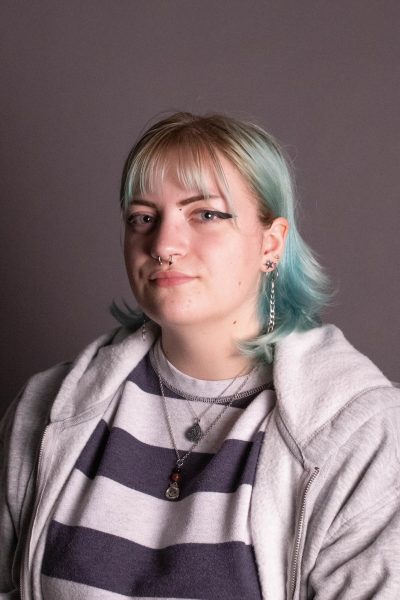Often before Winona State University events take place, it is acknowledged that Winona State is situated on the land of the Dakota People. This acknowledgment is to inform people that the land that Winona State occupies isn’t truly theirs. A new club at Winona State University is motioning to bring more inclusivity to campus. Indigenous Students and allies are working together to get Winona State to do more to help indigenous people, rather than simply a land acknowledgement.
The Turtle Island Student Organization (TISO) is comprised of a group of indigenous students and allies at Winona State. TISO got its name because Turtle Island is a way of describing the land of North and Central America. It is specifically used to ensure that all indigenous nations of Turtle Island are included, and none are cut out of the conversation.
This club existed a few years ago, but the members have since aged out of school and graduated. TISO wasn’t restarted again until this year when second-year student Zoë VandeBerg revived it. She decided to bring back the club after experiencing frustration with certain aspects of Winona State as an indigenous person.
“We’re working to advocate for Indigenous students and try to make campus more inclusive. We currently have a really low admission rate for indigenous students, so I want to change that. I want to get more Indigenous students here, but in order to do that we need to do a lot of work,” VandeBerg said.
There are several things that TISO intends to do in order to make Winona State a safer place for indigenous students. Ranging from intense motions to get rid of a mural in Somsen Hall as well as just trying to bring indigenous culture to Winona State’s campus, TISO has big plans in its future in order to make Winona State a safe place for Indigenous people.
“We’re also going to be doing some work to address the mural in Somsen Hall, which is racist and holds a lot of trauma for Native people,” VandeBerg said. “We’re hoping to kind of just do some community building. So like, a beadwork night, and maybe like a frybread dinner, something like that just brings a little bit of indigenous culture to campus.”
The changes that TISO wants to make to Winona State are also changes that they are making sure to apply to their organization themselves. When forming the club, TISO was asked to write a constitution for their club, but instead they chose to write a community agreement. This is because a constitution is traditionally a colonial agreement which is exactly what TISO is trying to advocate against.
“I’m trying to decolonize it [the club process] and it’s hard because college institutions are colonial institutions. So, I’m trying to make all the decisions on a consensus basis. So, everyone’s making the decisions. It’s not just the president,” VandeBerg said.
TISO is a push for more inclusivity at Winona State and it could even be a path for decolonizing a traditionally colonial institution. Students who find out about TISO see it was a pathway for Winona State to be a safe place for Indigenous students, not only that, but also as a way to expose people to more Indigenous culture.
First-year Communications, Arts, and Literature Teaching Major, Jade McElmury, agrees that this club will help bring more inclusivity to Winona State.
“I think that the organization could be really helpful for WSU because it would allow for more inclusion on campus and allow for students to have a better understanding of different cultures, and so we can have a more diverse student body,” McElmury said.


